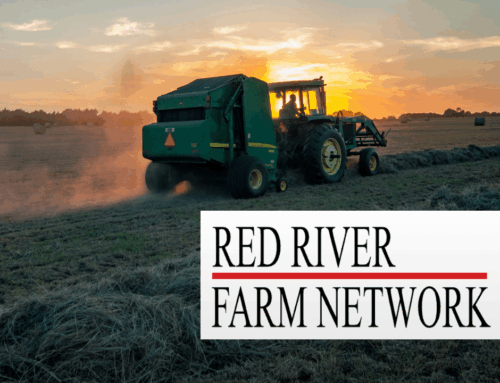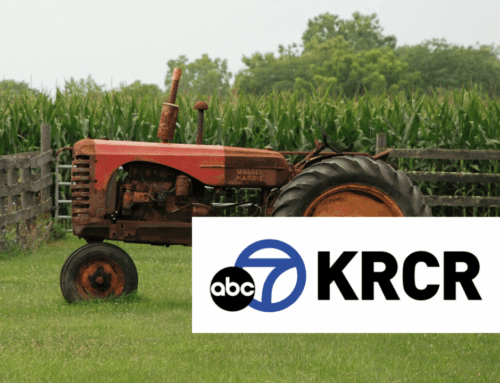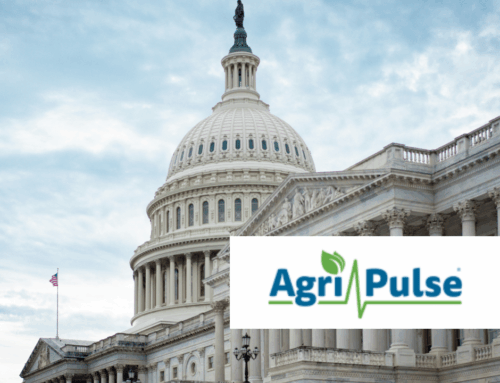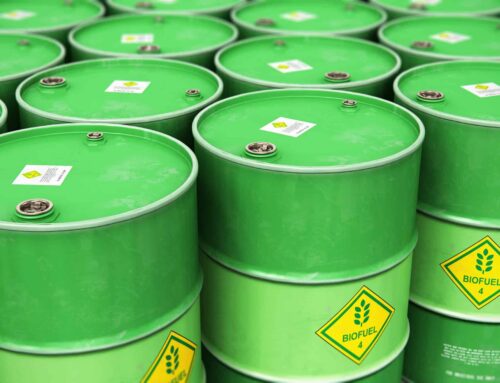With the second largest number of mink farms in the country, Wisconsin would likely benefit from a provision in the Agriculture spending bill that would have the federal government help pay for overseas advertising for valuable mink pelts.
Just four years ago, lawmakers barred mink producers from the Market Access Program (MAP) after pleas from taxpayer and animal welfare organizations.
But Rep. David Obey (D-WI), the ranking Democrat on the House Appropriations Committee and frequent opponent of wasteful spending, has quietly proposed restoring eligibility for mink producers in the Agriculture spending bill the House is scheduled to debate soon.
Critics question why taxpayers should subsidize advertising for this industry. According to the Fur Information Council, mink sales have increased 10% in the past four years and
Beyond mink, MAP funds promotions that benefit some of the largest trade associations and cooperatives, such as Sunkist and Ocean Spray, who can easily afford their own advertising.
In the last ten years, more than $1.5 billion of taxpayer money has gone to the MAP program – funding consumer-related promotions for many agricultural projects through trade shows, advertising campaigns and other marketing tactics.
In 1998, nearly 70 trade associations and small businesses used the $90 million subsidy to sell peanuts, soybeans, wine, pistachios, watermelons, apples, wheat, and other products abroad.
While Congress reformed MAP in the 1996 Farm Bill by limiting funds to farmer cooperatives and trade associations, much of the money from the program still goes to groups who have already funded their own overseas promotions./p>
In fact, a 1999 report by the non-partisan U.S. General Accounting Office concluded that MAP's benefits are overstated, since it is difficult to evaluate how
Yet the program retains the support of the Clinton Administration and influential lawmakers from agricultural regions. Supporters of MAP argue that other governments often spend three and four times more than the United States to help producers sell products overseas.
But MAP has also done little to assure that funds increase overseas promotional activities rather than simply replace private funds that would have been spent otherwise.
Regardless, the government should get out of the advertising business.










